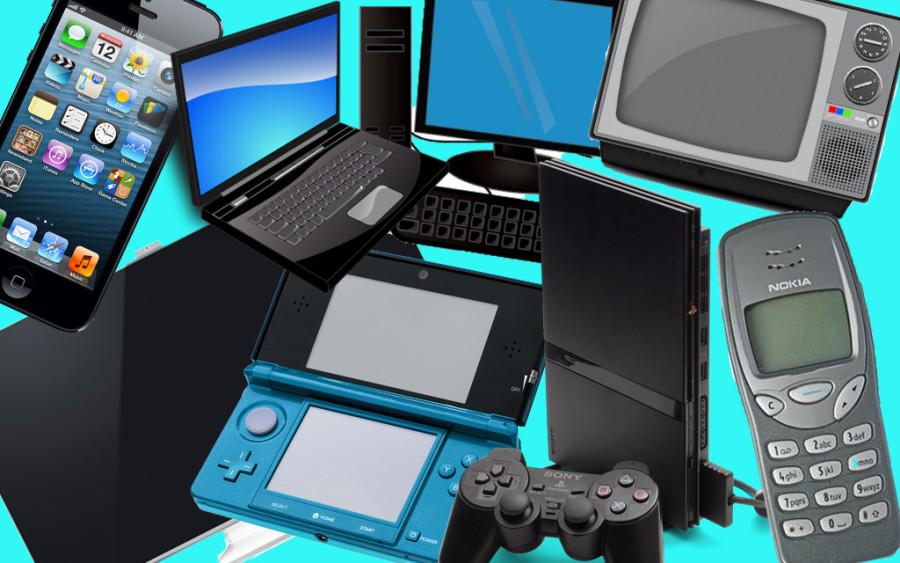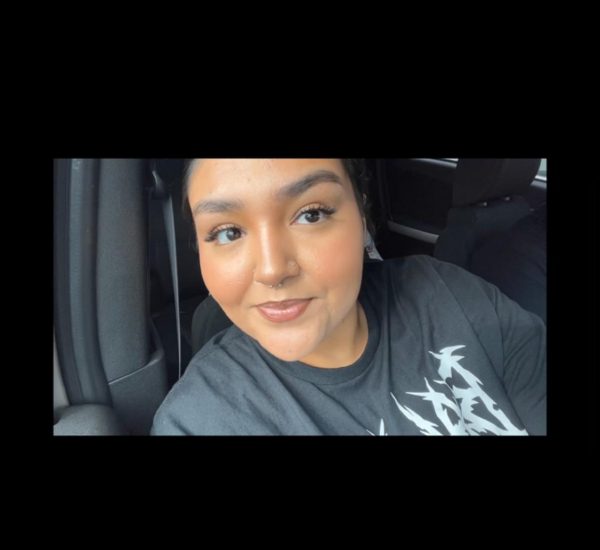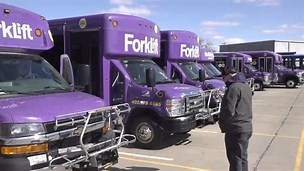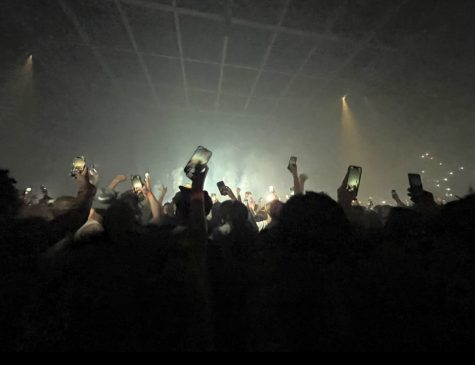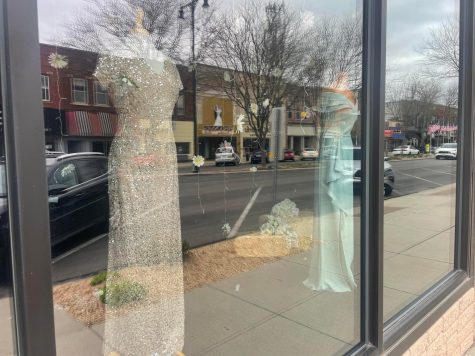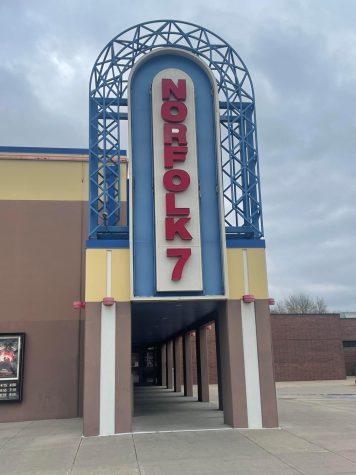TV Technology Yields Vast Wonderland
February 24, 2015
By Hal Boedeker
Long derided as the boob tube, television has entered an unprecedented era when people want to watch it everywhere at their own pace.
Technological breakthroughs, time-shifted viewing and increased competition have pushed content to new levels of quality. As the movies saluted themselves Sunday with the Oscars, the small screen has the more compelling story to tell.
“The idea of the ‘vast wasteland’ has become the vast wonderland,” said Ron Simon, curator of television and radio at the Paley Center for Media in New York.
The average viewer is consuming more media than ever, a rise bolstered primarily by the growth in digital use on computers and mobile devices, according to Nielsen, an audience-measurement company. The average American spends 11 hours a day with all electronic media, five of them with live TV, Nielsen reported last year.
Blake Ringholz of Orland, Fla., cut the cord on cable two years ago because his bill was “crazy expensive” and says new technology freed him. He says he is watching more TV — more than three hours a day — with an HDTV antenna and through less expensive streaming services Amazon and Netflix.
“I have a choice of what I watch. I can control what I want to watch,” said Ringholz, 43, director of information technology for a health-care software company.
In a report last year on the top 25 TV markets, Nielsen broke down how we watch TV: 56 percent of viewers watch live, 34 percent time-shift (within seven days of airing) and 10 percent prefer video on demand.
“In the end, great product will always win out,” said Shawn Bartelt, general manager of Orlando’s ABC affiliate. “Network-television prime time is getting better. There are cable options. Everybody is pushing everybody [to do better]. There’s more great content than there ever has been.”
Robert Thompson, a pop-culture professor at Syracuse University, agrees: “It’s an absolute bonanza of shows that are better than ‘Bonanza’ ever was,” he said. The digital video recorder, DVD boxed sets and social media have pushed producers to strive for more sophisticated storytelling, he said, citing HBO’s “Game of Thrones” and AMC’s “Breaking Bad.”
Broadcasting benefits, too. Most-watched CBS says that through the first half of the current season it is drawing more viewers than it did 11 years ago and cited growth across TV, DVR, video on demand and streaming.
In February, live events reasserted their pull with huge audiences for the Super Bowl (a record 114.4 million viewers), the Grammy Awards (24.8 million) and the Saturday Night Live 40th anniversary special (23.1 million).
Social media have transformed Fox’s “Empire” and ABC’s Thursday dramas into programs that must be experienced as they air. “You want to watch live because everybody under the sun is tweeting about it,” Bartelt said. “The stars are tweeting. There’s this live interaction. You want to be involved.”
Each television show is like a little tribe unto itself that participates, Simon said. “Movies are trying to get a broad group under the tent. Television is much more of a tribal experience,” he said.
In other instances, new technology lets the viewer be the programmer. Ringholz binge-watched Amazon’s “Transparent” and Netflix’s “Orange Is the New Black.” He is viewing CBS’ “The Good Wife” and FX’s “Justified” at his own pace and looks at reviews before committing to a series. “Otherwise, I don’t want to waste my time,” he said.
Thompson credits NBC’s “Hill Street Blues” and the VCR for ushering in a second golden age of television in the 1980s that continues today. (The first golden age is tied to live TV in the 1950s.)
“‘Hill Street Blues’ was phase one. ‘The Sopranos’ was phase two. ‘House of Cards’ was phase three,” Thompson said.
Netflix and Amazon quickly expanded the possibilities for series TV.
“No one predicted the impact of Netflix,” Simon said. “What new technology will bring is very difficult thing to anticipate.” But he added that different technologies could push producers to look at different formulas to reach audiences.
The DVR and apps have allowed television to outgrow old putdowns.
“Anybody who’s calling it the boob tube or an idiot box is a boob and an idiot,” Thompson said. “They’re just wrong. There is a lot more television worse than anything we’ve ever had on the air, but there’s a lot more television that’s better than we’ve ever had.”
©2015 The Orlando Sentinel (Orlando, Fla.)
Visit The Orlando Sentinel (Orlando, Fla.) at www.OrlandoSentinel.com
Distributed by Tribune Content Agency, LLC



